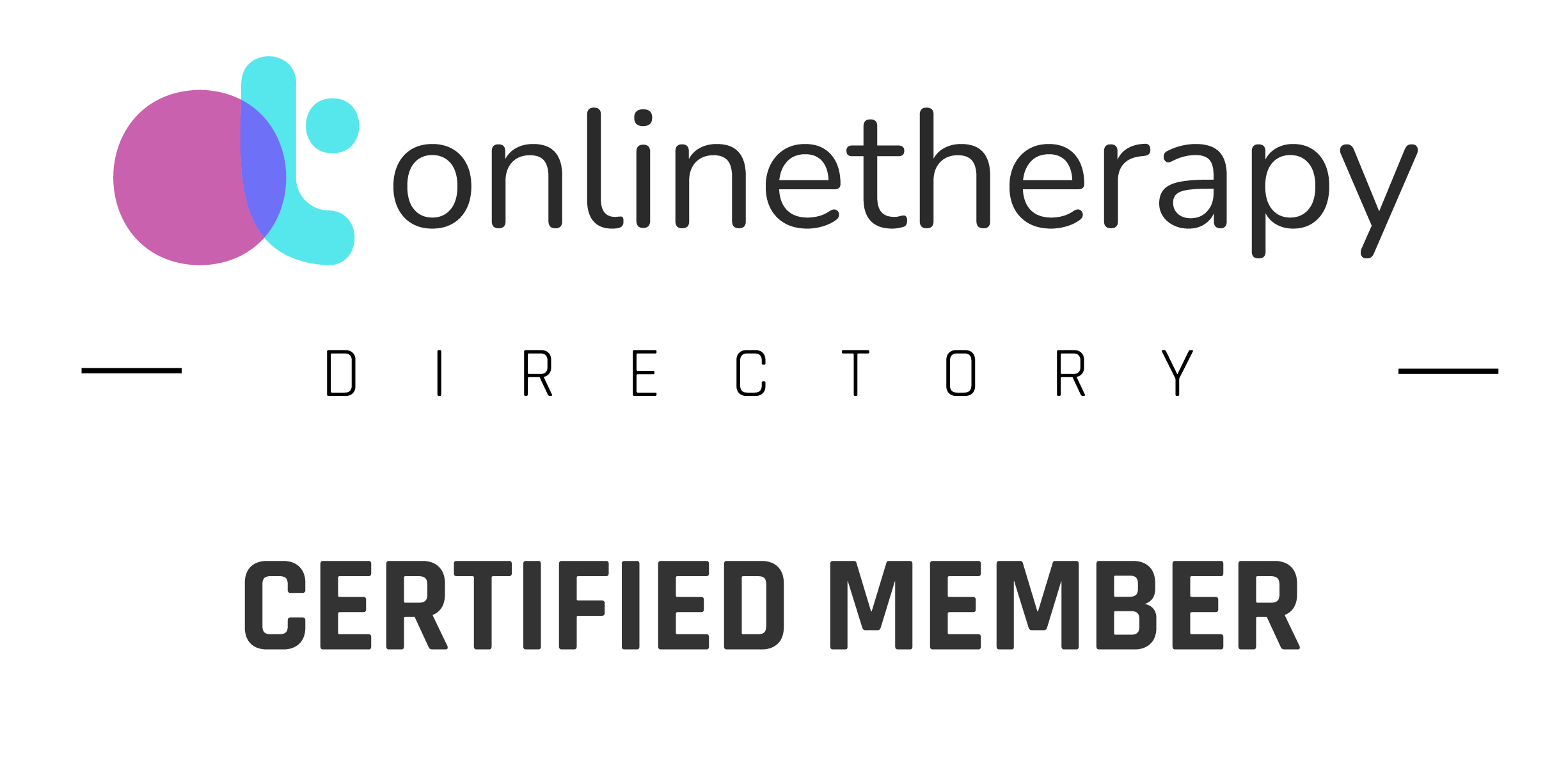The process of setting goals involves deciding what your goals are, how you are going to work towards them, and how to evaluate whether or not you were successful in meeting your goals. When you think about it, goals are part of every facet of life. We – either consciously or subconsciously – prioritize things and decipher what we would like to achieve in all facets of our lives.
Yet, this time of year, we can fall victim to what has become known as ‘New Year’s Syndrome’. This involves goals being set at the beginning of the year and then being forgotten about as the year progresses. In fact, according to a University of Scranton study in 2014, only 8% of people who set out to achieve their New Year’s goals, actually achieve them. Only 64% stick it out past one month, 46% past 6 months, and 8% through the end to long-term achievement.
If you are someone who is likely to fall victim to New Year’s Syndrome, or you simply feel overwhelmed when it comes to setting goals, the SMART process could be just what you need! The acronym stands for:
- Specific
- Measurable
- Attainable
- Realistic / Relevant
- Timely
This process offers organisation and direction when it comes to goal setting and helps you figure out exactly what it is you want to accomplish. What’s more, the SMART process works for both personal and business goal setting. Undoubtedly, having clarity over what you’d like to accomplish is what makes the difference between success and failure.
We at Mind and Body Counseling Associates, Reno, Nevada, support the SMART method, which we break down further below for you to employ:
Specific
When setting goals, you are far more likely to achieve a specific goal as opposed to a general, vaguely set one. It is important that, when setting your goals, you provide as much detail as possible in order to avoid any confusion about how you are going to go about accomplishing them. Consider making use of the ‘five W’s’ to help with this:
- Who
- What
- When (refer to ‘timely’ section
- Where (if relevant)
- Why
Measurable
It is also important that you select a goal that is measurable so that you can monitor both the progress and outcome of the goal. You need to decide ahead of time what metrics you are going to use to measure your success. This will require concrete evidence.
Attainable
While, when goal setting, it is encouraged to stretch yourself, it is also imperative to keep the goal achievable within your current circumstances. After all, the goal is meant to inspire motivation, not discouragement. If the goal requires new skill development or attitude adjustments, make sure these are realistic. Weigh up the effort, time, and other costs of your goal against the profits and other priorities in your life / business.
Realistic / Relevant
If you are new to goal setting, start with small goals and enjoy experiencing the satisfaction that comes with meeting these. Then, slowly increase the intensity of your goal and redefine it. Ask yourself: does it make sense? Is it relevant to you? What is the objective behind the goal and will this goal really achieve that?
Timely
Finally, be sure to have a time frame for your goal. Setting time limits generates a sense of urgency and it is a well-known fact that deadlines are what cause most people to take action. Furthermore, define what should be achieved half-way through the process, a quarter of the way through, etc.


